A project seeks the production of chicken meat with lower levels of Campylobacter.
Chicken is one of the main food sources of Campylobacter infections in Europe, particularly in Denmark, where the disease affects around 4,500 Danes each year. However, many cases are never reported, and researchers believe the true number is about ten times higher.
For this reason, the SafeChicken project has been launched, in which researchers from the Danish DTU National Food Institute and its Department of Chemical Engineering will work with the Danish chicken producer Danpo and the Icelandic company Thor Ice Chilling Solutions.
Free-range broiler flocks are more frequently positive for Campylobacter than conventional flocks. This is because they roam outside, where the bacteria is naturally found. Existing measures for conventional broilers, such as increased biosecurity and mosquito nets, are not practical for organic and free-range broilers.
Thus, project partners will test methods in different parts of the organic and conventional broiler production chain by adding substances to chicken feed and water with the potential to prevent the growth of Campylobacter in poultry. It also wants to reduce the prevalence of bacteria in the environment with a new decontamination technology and the reduction of bacteria in the carcasses through the use of a refrigeration system.
Some methods have already been tested and have shown promising results on a small scale under controlled conditions. To ensure that they are applicable in practice, the researchers will investigate and document their effectiveness under normal production conditions. They will also assess the extent to which each measure can help reduce the risk of humans becoming infected with Campylobacter.
Stricter rules in 2025
By 2025, chicken producers will have to comply with stricter EU rules on the prevention of Campylobacter in meat. Currently, action is required if the level of 1,000 colony-forming units per gram (CFU/g) is exceeded for neck skin samples after carcass chilling at processing plants in 15 of 50 samples from 10 consecutive sessions. The number of samples allowed to exceed the limit will be reduced to 10 in 2025.
For their part, the Danish authorities have national action plans to reduce the risk of Campylobacter infection. The goal for 2018 to 2021 was a 50 percent reduction compared to 2013, but this goal has not yet been reached. The Danish Ministry of Food, Agriculture, and Fisheries has allocated 7.4 million Danish kroner ($1.1 million) for the three-year project, led by the DTU National Food Institute.
Another project led by the institute, called OutCampy, looking at how Campylobacter can be reduced in free-range and organic broilers, has now entered its final year of development.


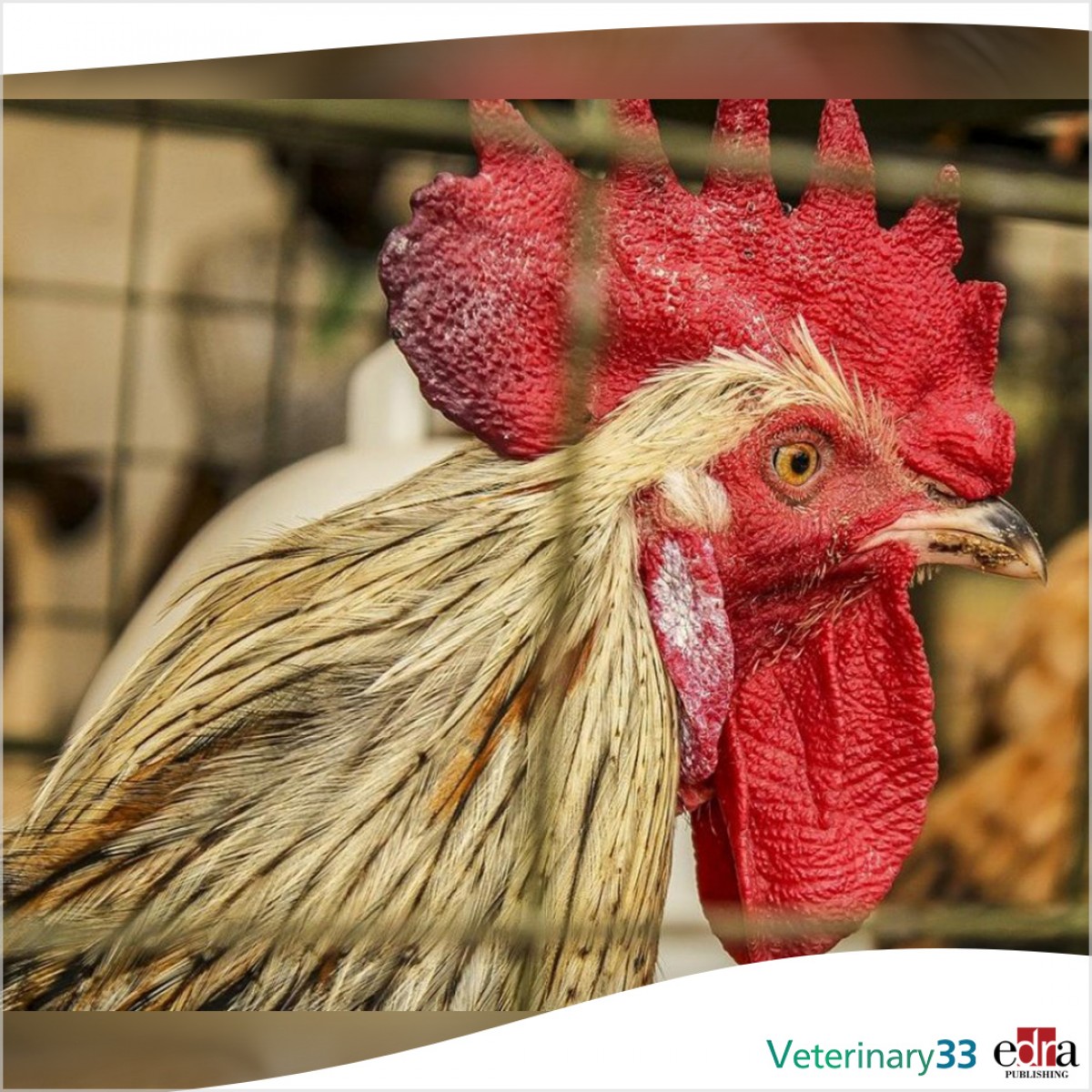
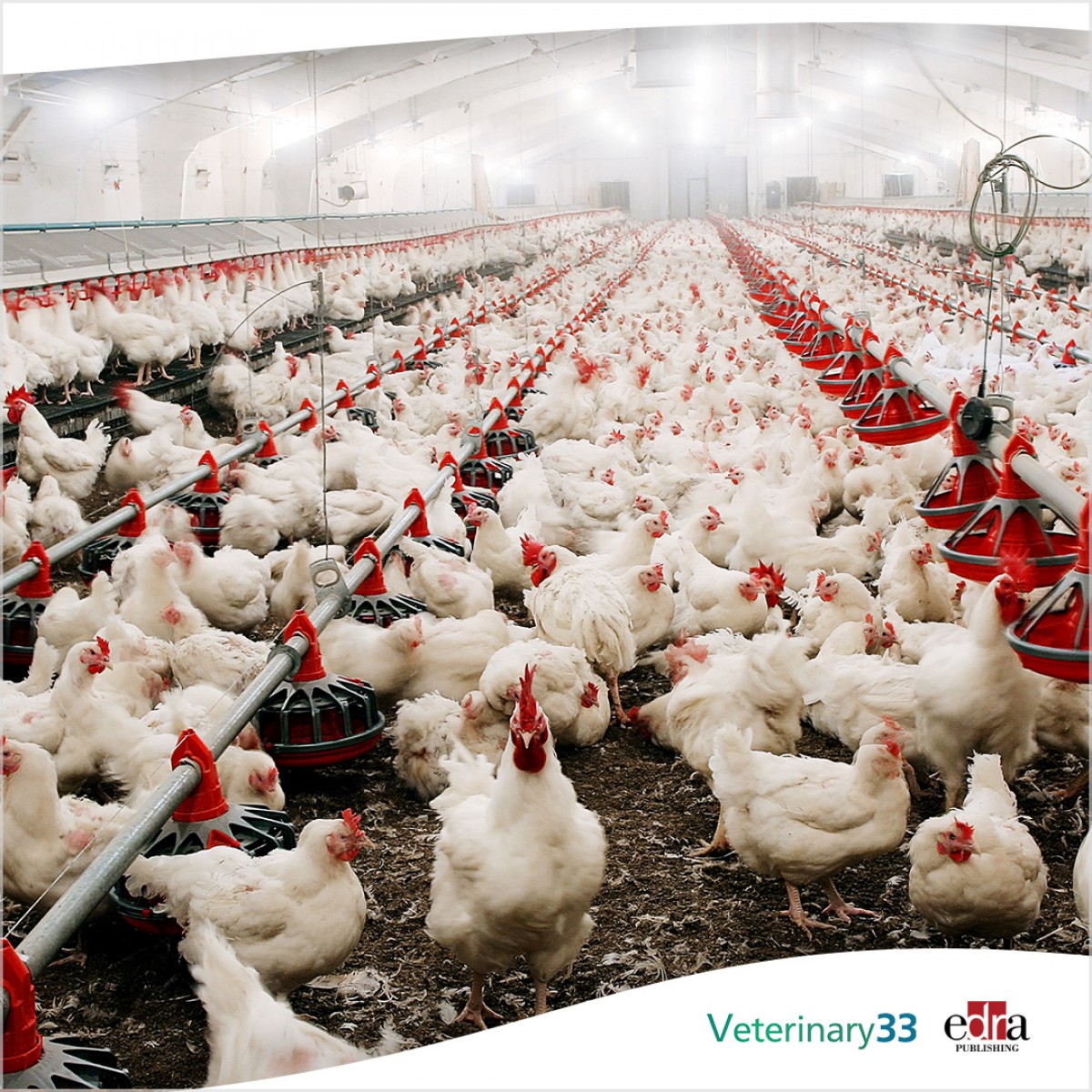

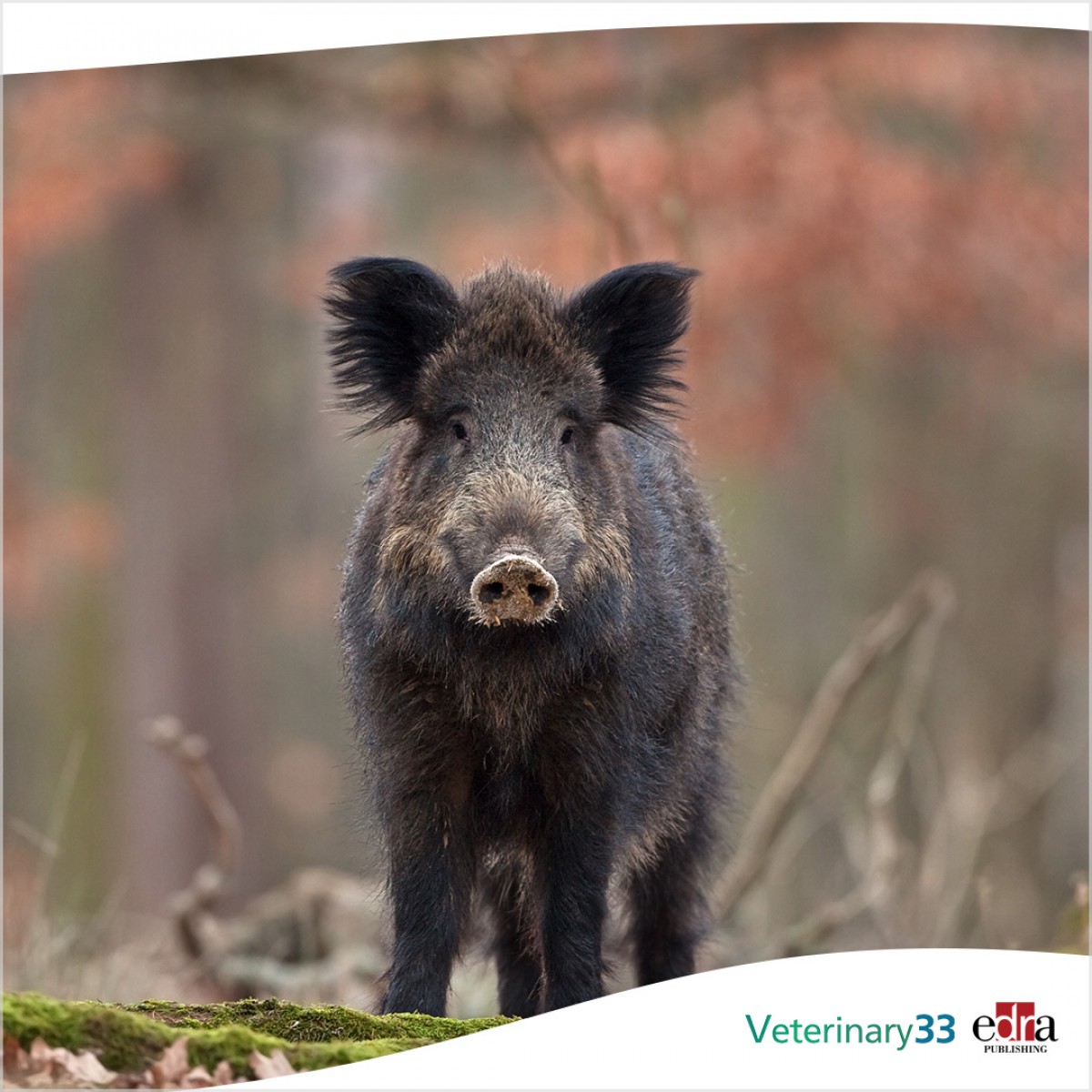
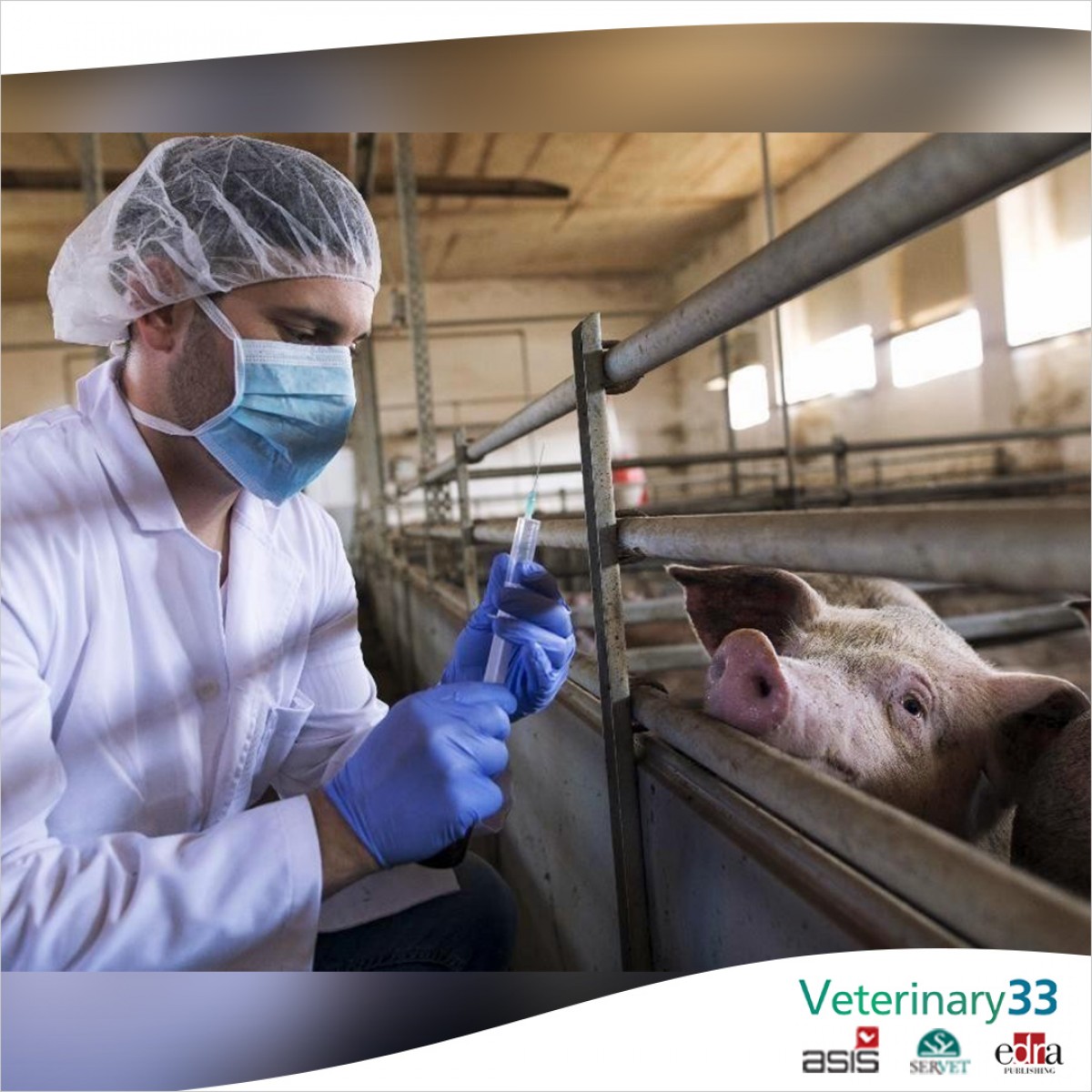
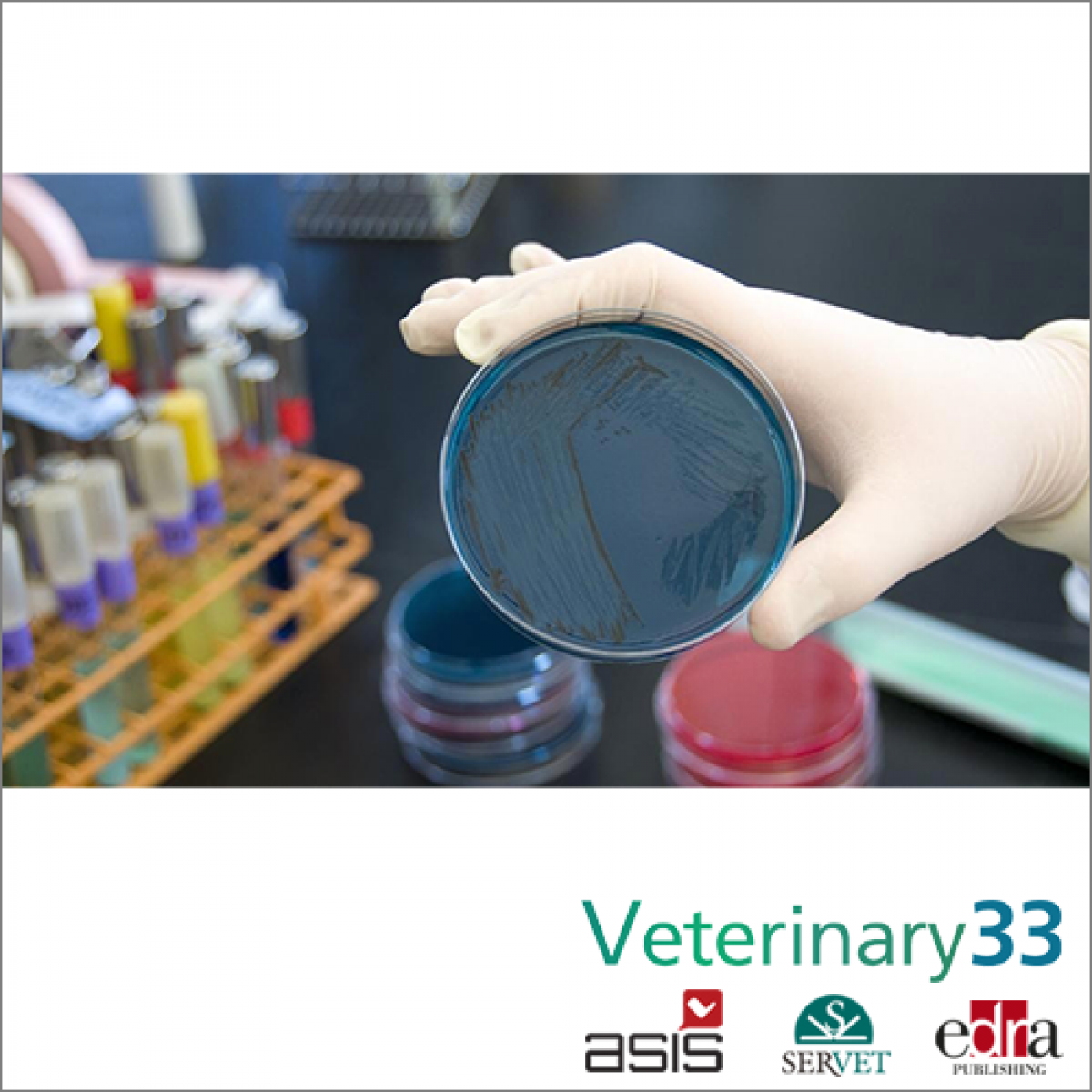
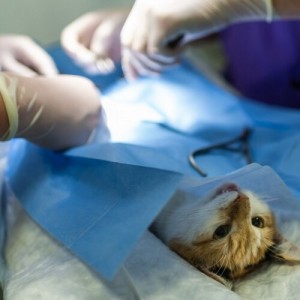
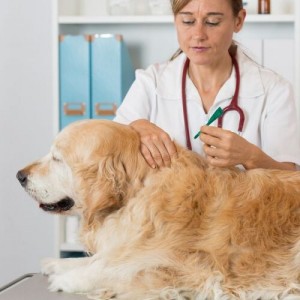
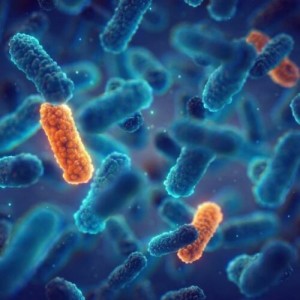
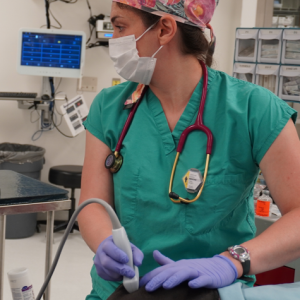

List
Add
Please enter a comment